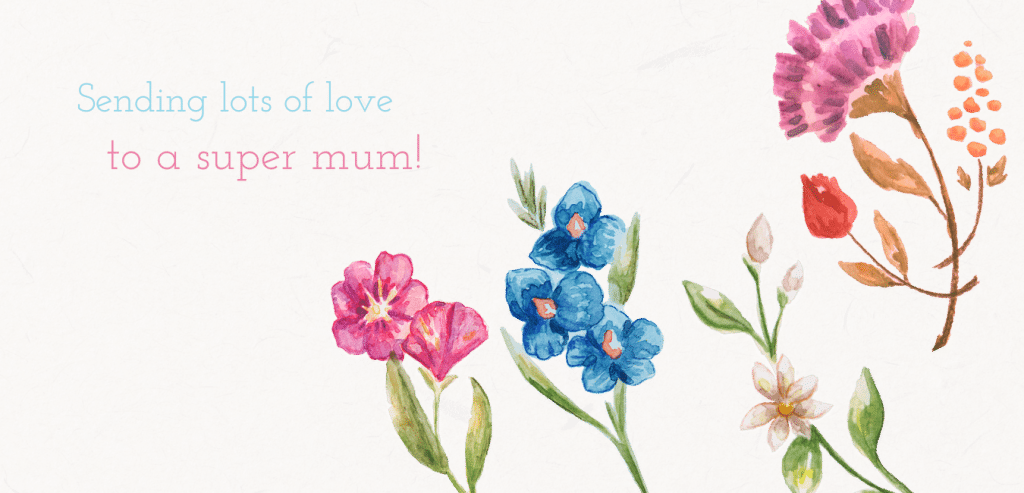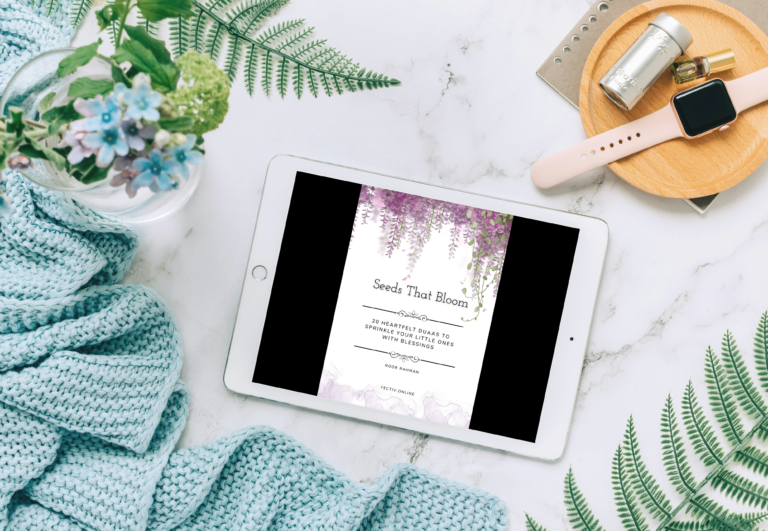
Understanding Allah’s Punishment: A Discussion for Muslim Mothers
Beautiful mothers of the Ummah, today, let’s delve into a subject that can often seem daunting, but is an essential part of our Deen. It’s the concept of punishment or ‘Hudud’ in Islam and the importance of educating our children, especially our teenagers, about these Hudud.
To be honest, I’ve been squirming wondering about how I should discuss this topic of understanding Allah’s punishment with you. Why?
Because we live in a world where the idea of being ‘positive’ (especially when it comes to parenting) is “over-popular” to the entent where anything remotely “punishment-y” can be labelled negative.
After tossing it in mind for a bit, I’ve decided to write about this anyway. (Because standing up for the truth and speaking up is kinda awesome and cool and stuff, yes?)
Teaching Our Children About Allah’s Punishments
Any and every user manual (think washer, microwave, fridge, etc) comes with dos and don’ts. Without someone explaining the don’ts, things could go wrong.
Of course, our children need to know how merciful Allah is. But they, especially our teenagers, also need to know how dangerous some sins can be – for this world and the Hereafter.
As we raise our children in the light of Islam, teaching them about understanding Allah’s punishment is as crucial as teaching them about the mercy of Allah. After all, fearing Allah’s punishments is as much of a virtue as hoping for His rewards.
The Quran and Hadith provide us with several instances to elucidate the application of these punishments, and it’s important we explain these to our children in a balanced and compassionate way.

The Story of Hilaal ibn Umayyah: Proof and Protection
Consider the story of Hilaal ibn Umayyah, who accused his wife of adultery. Our Prophet Muhammad (sallallaahu alayhi wasallam) asked him for proof, specifically four witnesses. This may seem severe to some, but it underscores the high threshold for evidence and the importance Islam places on protecting individuals from baseless accusations.
When Hilaal couldn’t provide the necessary witnesses, the Angel Jibreel (alayhis salaam) brought down the procedure for such unique circumstances. Both the accuser and the accused had to swear oaths invoking Allah’s curse upon themselves if they were lying. This divine intervention underscores the seriousness of the allegations and the justice of Allah in handling them.
The Case of the Makhzoom Woman: A Lesson in Justice
Next, let’s discuss the case of the woman from the tribe of Makhzoom who stole some jewelry. When her tribesmen tried to prevent the execution of the punishment due to her status, Prophet Muhammad (sallallaahu alayhi wasallam) became very angry. He emphasized that no matter who commits a crime, be it a noble or his own daughter, Faatimah, Allah’s punishment would be applied. This story beautifully encapsulates the Islamic principle of justice – that it is blind to status, power, and personal relations.

Understanding the Purpose Behind Punishments
If our children are unaware of the seriousness of upholding justice and of the punishment for such misdeeds, who is going to tell them?!
As mothers, it’s also our responsibility to teach our children that these punishments are not merely about inflicting harm. They serve as a deterrent, yes, but they are primarily about establishing justice and maintaining the moral fabric of society. Though labelled “punishments”, they’re also a “mercy” from Allah.
We also must explain that Allah’s mercy always precedes His wrath. The stringent conditions to apply these punishments ensure they are not misused or applied without thorough evidence.
Our Role as Mothers in Teaching & Duaa
Remember, dear mothers, our children learn from our words and actions. By exemplifying fairness and justice in our daily lives, we can help them understand these complex principles. Let’s strive to raise them to be individuals who stand against injustice, even if it’s against themselves or their loved ones.
Lastly, as mothers, our most potent tool is dua. Let’s pray that Allah guides our children on the right path, protects them from any wrongdoings, and helps them grow as just and righteous Muslims. To further nurture your children’s spiritual growth with duaa, get “Seeds That Bloom” 🌱🌻, our exclusive ebook filled with 20 heartfelt duaa ideas. (It’s FREE!)
Conclusion
Allah’s punishments are also mercy to this world. And as Muslims, as strong upholders of justice, we need to teach our children about these punishments so that they understand the seriousness of such major sins and keep away from them.
May Allah grant us wisdom and patience in our journey of parenthood. Remember, you’re not alone in this journey. We are a community, a sisterhood, working to raise the next generation of Muslims.
Until next time,
Wassalaamu alaykum!



